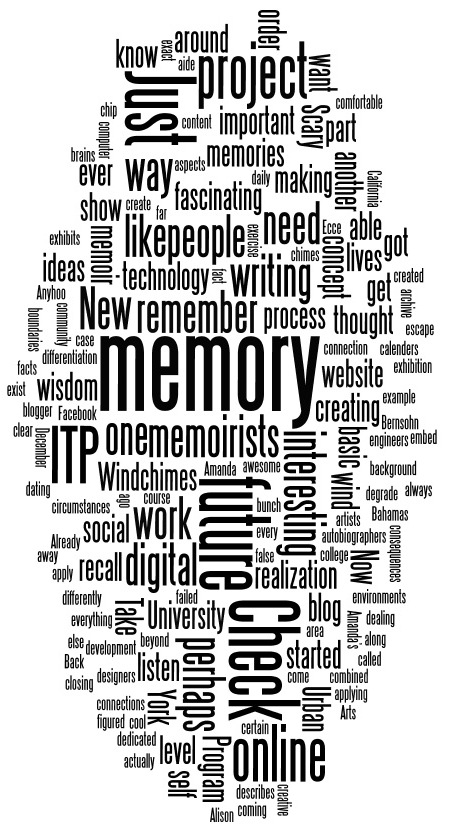Memoir Round-Up
Tuesday, February 16th, 2010Note: I started writing this post in January. I know, I know — it’s like, two weeks out of date already. What can I say? Stuff has been going on. The links still work, though, and the possible discussions they could kick off are still valid. Have at it.
There have been some interesting articles about memoir kicking around on teh internets recently, which I will collect here for your delectation.
First Yasmin Alibhai-Brown, writing in the UK’s Independent newspaper, gives a rousing “publish and be damned” call to arms for all memoir writers. Alibhai-Brown is responding to the bru-ha over in the UK about Lady Antonia Fraser’s memoir, which recounts her marriage to the late Harold Pinter. I haven’t read Fraser’s book yet but apparently it’s not a even tell-all – it’s a rather tender and well-written portrait of an unusual marriage (according to reviews here, here and here.) Pinter’s plays, which I studied in high school, had a lasting effect on me. In particular, the distinction he made between the dash and the ellipses. This was revolutionary for me at the time — that so much could be conveyed through punctuation!
Then there’s this juicy piece in the New Yorker, a review of Ben Yagoda’s Memoir: A History.
And then a completely asinine memoir attack piece by Taylor Antrim in The Daily Beast, followed by Stephen Elliott’s Antrim smackdown on The Rumpus.

